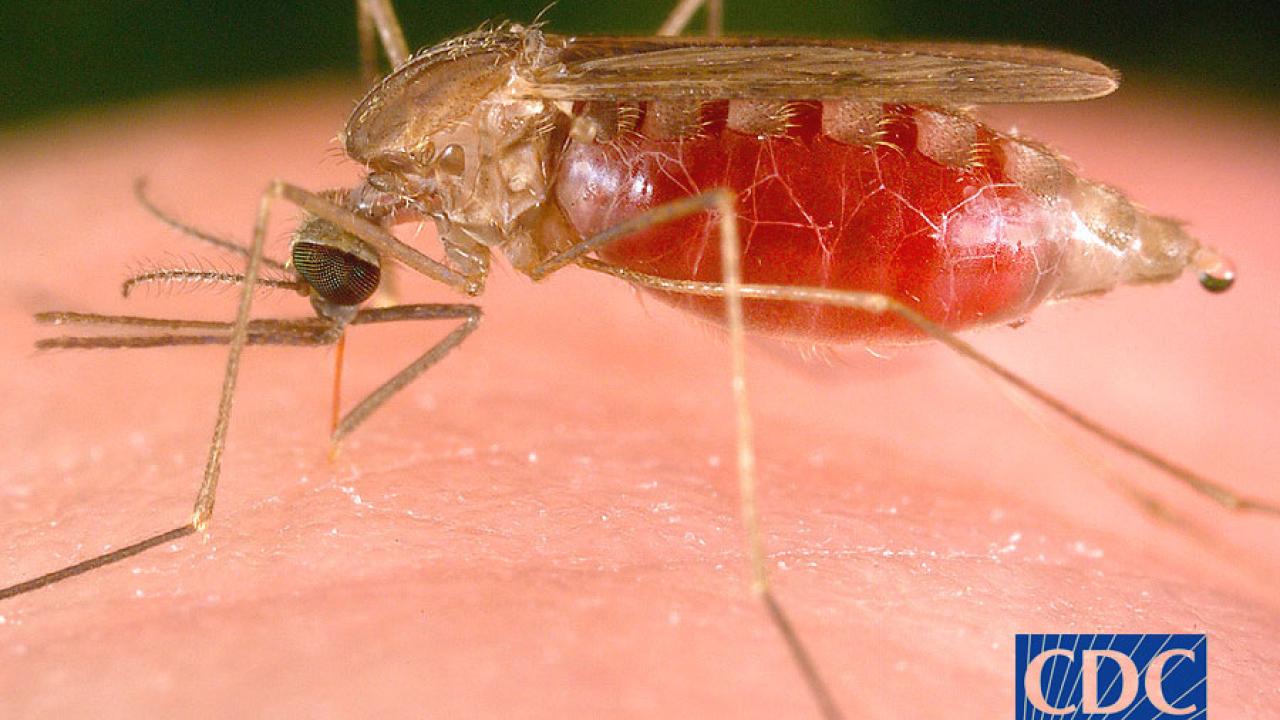A group of UC scientists led by Greg Lanzaro, professor of pathology, microbiology and immunology in the UC Davis School of Veterinary Medicine, recently completed an analysis of a strategy aimed at eliminating malaria from Africa using genetically engineered mosquitoes.
Lanzaro’s lab is part of the UC Irvine Malaria Initiative. The laboratories of Anthony James at UC Irvine and Ethan Bier at UC San Diego engineered mosquitoes with synthetic genes that render them incapable of transmitting the malaria parasite and coupled these genes with a CRISPR-Cas9 gene drive to promote their spread into malaria vector populations in Africa. The idea is to ‘drive’ the new malaria-resistance genes into the mosquito population at a much higher rate than could occur naturally.
Simulating gene drives
Lanzaro’s Vector Genetics Lab at UC Davis is tasked with evaluating how well these genetically engineered mosquitoes will perform in nature. One potential obstacle is the presence of what are called drive resistance alleles which are known to be abundant in mosquito genomes in nature. These could push back against the spread of the malaria resistance genes. If the genetically engineered mosquitoes are less fit, the drive resistance genes will render the gene drive ineffective.
In the new work, published June 21 in Bioessays, the team demonstrated that a strategy of engineering mosquitoes to resist malaria was far less susceptible to failure due to drive resistance alleles than strategies aimed at directly suppressing mosquito populations (by rendering female insects infertile, for example). Their work was based on mathematical simulations conducted in the lab of John Marshall at UC Berkeley.
These encouraging results move the UC Irvine Malaria Initiative researchers closer to their ultimate goal of eliminating malaria from Africa.
